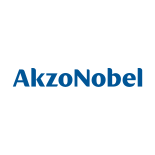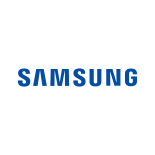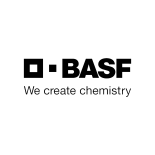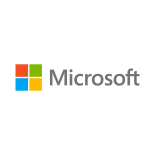Focus groups are an effective method of research for gathering in-depth, qualitative information relevant to research goals. Focus groups are particularly useful in extracting emotional drivers and for understanding the ‘why’ behind the decisions and preferences of an audience, as opposed to quantitative research, which helps us capture the ‘what’ (needs) and ‘how’ (behavior).
They also offer marketers a way to hear their target audiences firsthand, providing an opportunity to observe participants behind a two-way mirror or by watching video recordings.














